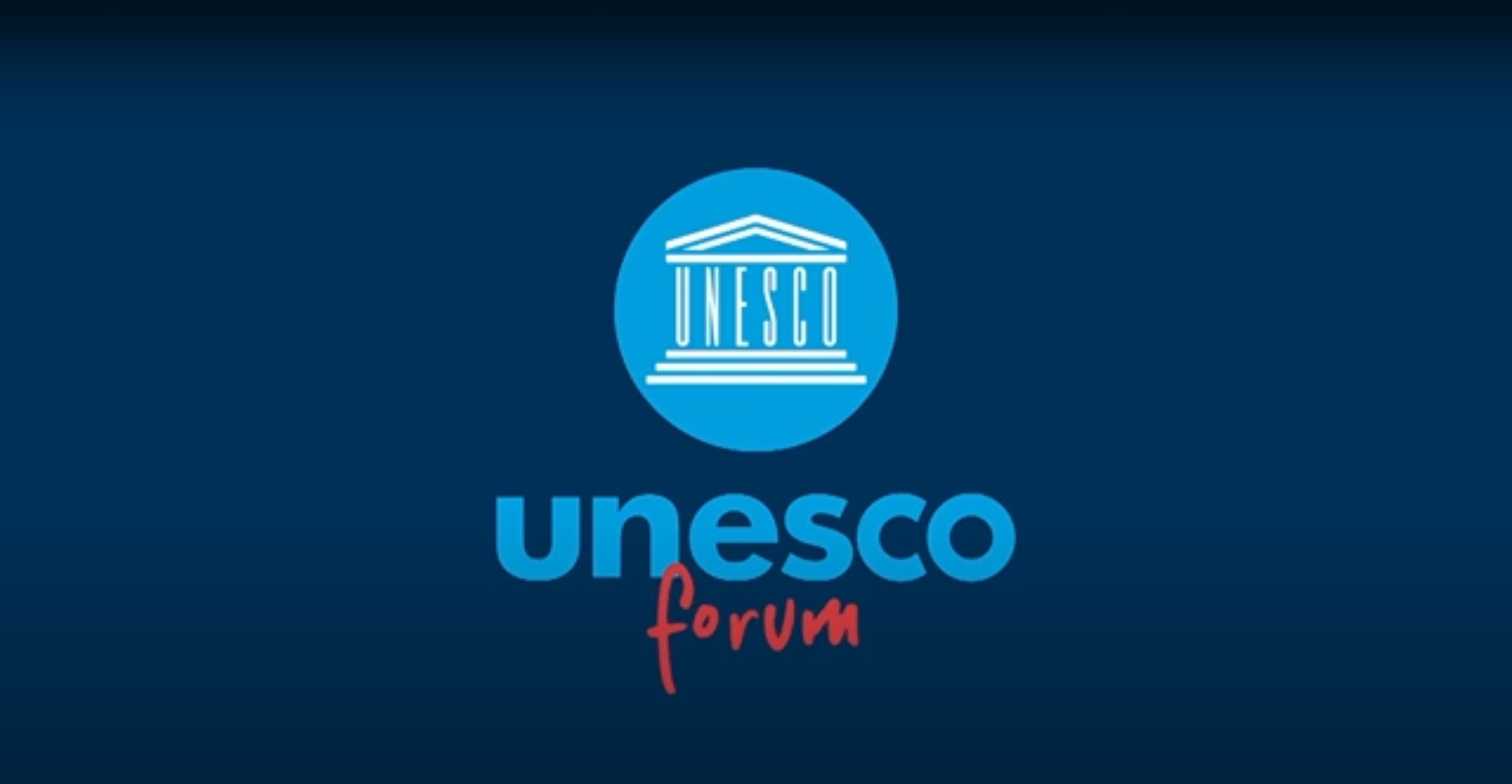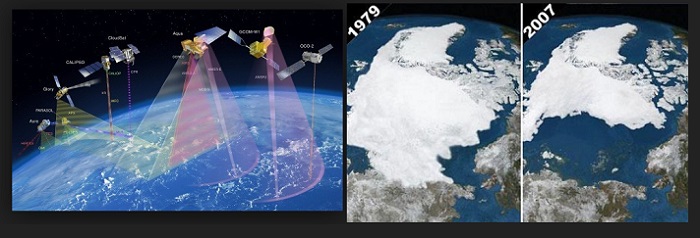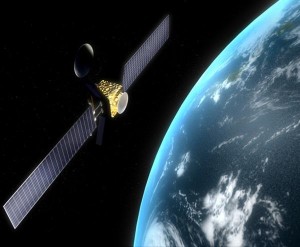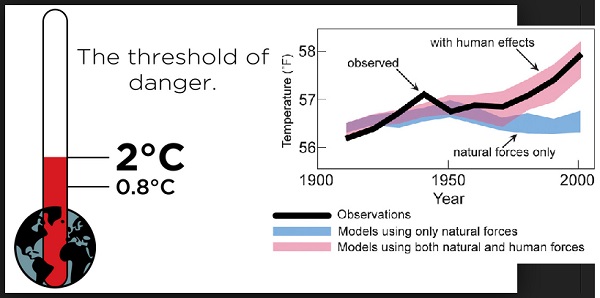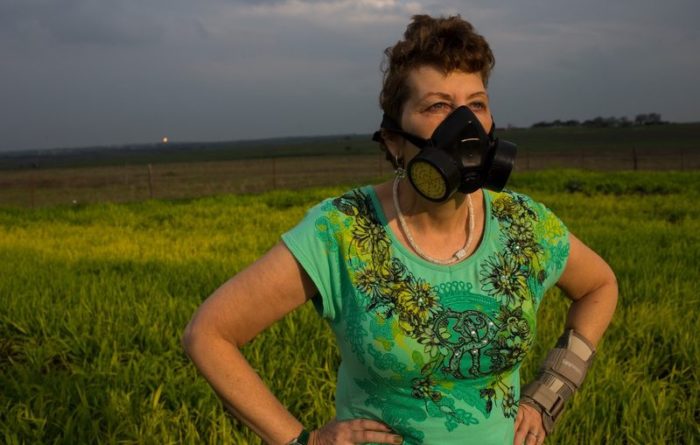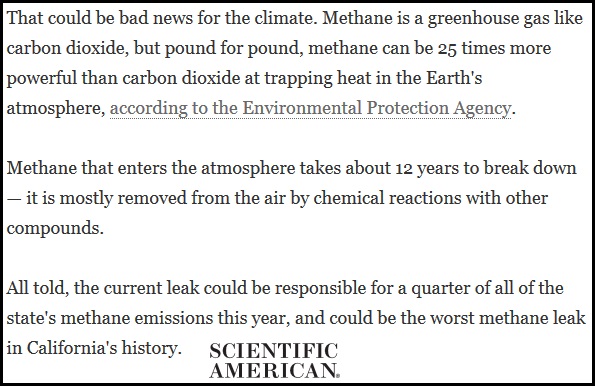Paris, May—UNESCO has invited leading women thinkers, artists and activists from fields ranging from climatology to international relations through physics and African studies, to voice their views on the challenges and opportunities the world will face in the wake of the COVID-19 pandemic.
The first six short videos published today provide a female perspective on questions regarding the environment, education and international relations that are coming to the fore during the current global crisis. UNESCO chose to highlight female perspectives in its first videos as the thinking about these pressing issues remains dominated by male voices all too often and in all too many parts of the world.
The first six inspiring women featured in UNESCO’s Forum of Ideas are: Katharine Hayhoe (Canada), Climate Scientist, Director of the Texas Tech University Climate Science Center, Professor of Political Science and UN Champion of the Earth, Fadia Kiwan (Lebanon), Political Science Professor, General Director of the Arab Women Organization, Member of the Scientific Advisory Committee of the UNESCO-MOST Programme, Sara Purca (Peru), Researcher at the Peruvian Sea Institute, winner of Peru’s National L’Oréal-UNESCO For Women in Science (2017) Prize, N’Dri Assie-Lumumba (Côte d’Ivoire), Professor at the Africana Studies and Research Center, Cornell University, Chairperson of the Scientific Advisory Committee of the UNESCO-MOST Programme, Sakiko Fukuda-Parr (Japan),Professor of International Affairs, Director of the Oslo University Independent Panel on Global Governance for Health, and Márcia Barbosa (Brazil), Physicist, Director of the Brazilian Academy of Sciences, laureate of L’Oréal-UNESCO Awards for Women in Science (2013).
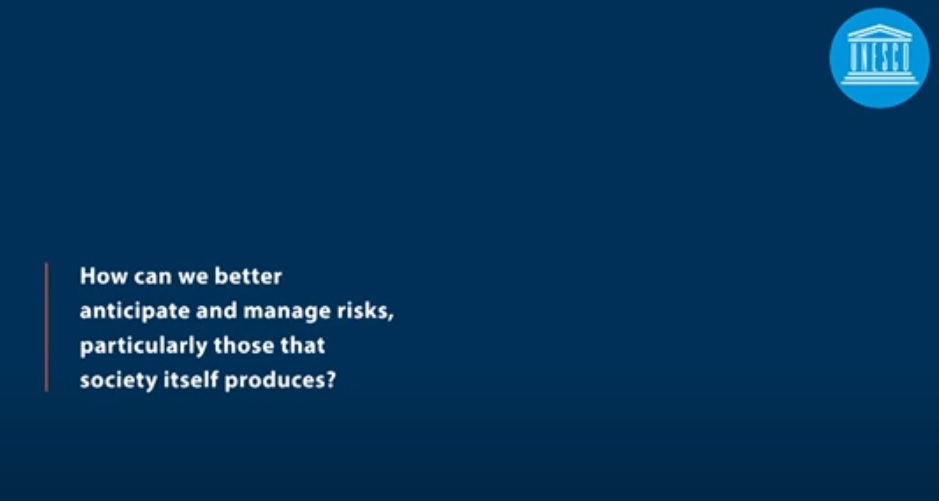
New contributions from prominent women and men working in all parts of the world in a rich variety of disciplines will be added to the UNESCO Forum of Ideas platform over coming months.
In producing its Forum of Ideas series, UNESCO fulfills its mission as an open and inclusive laboratory of ideas, destined to contribute to strategic thinking about the Organization’s programmes. UNESCO also hopes that the series will inspire national policy-makers and provide a positive contribution to global governance. For the Silo, Clare O’Hagan.
UNESCO Forum website: en.unesco.org/forum
